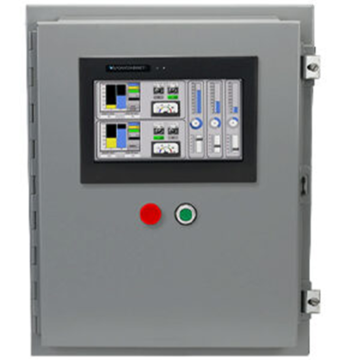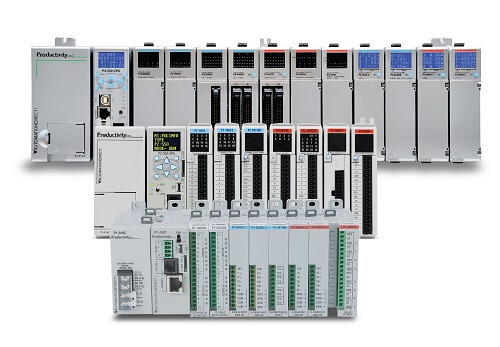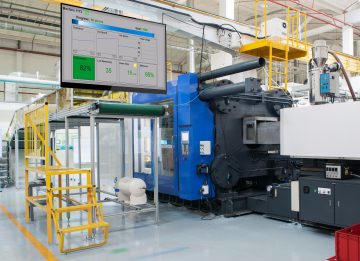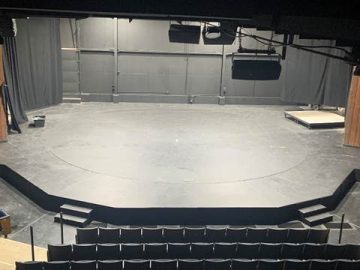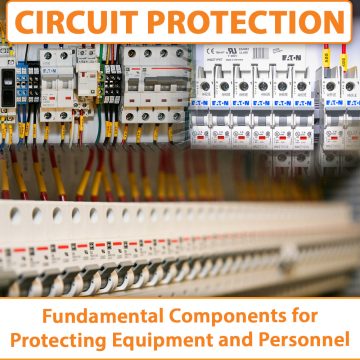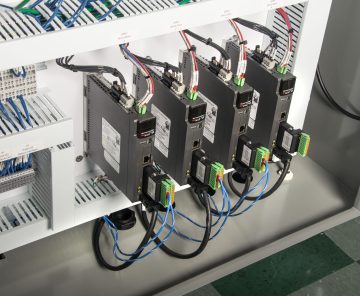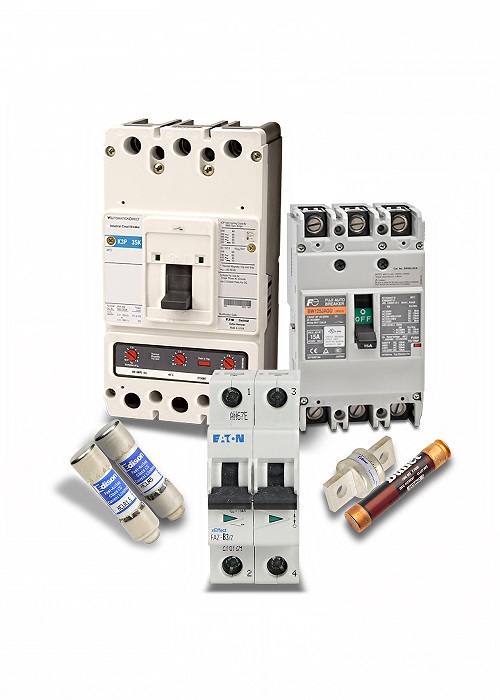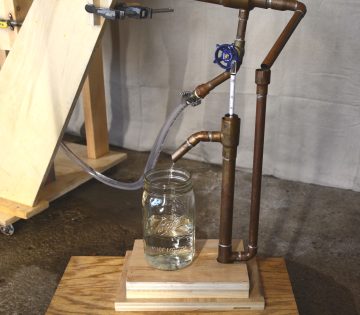For decades, the HMI took the form of a panel-mount device at the machine or on the front of the cabinet. It was a natural fit for the era in which most factories, plants, and facilities were populated by discrete equipment, controlled locally. As facility design and usage models have changed, however, users seek the…
The recent introduction of user defined instructions in AutomationDirect PLCs provides another tool for accelerating PLC and HMI development. By Tim Ensminger, AutomationDirect Many industrial automation products and practices have been developed as more robust versions of commercial-grade technologies. As microprocessors, memory, and communications hardware and software have evolved throughout the information technology (IT) world,…
Headless HMIs slash costs, simplify installation, and unlock creative display options ranging from handheld tablets to wall-mounted scoreboards. By Bobby Thornton, AutomationDirect On a traditional factory floor, operators usually monitor and control equipment using classic panel-mounted touchscreen human-machine interfaces (HMIs). But to meet the demands of a modern facility, designers need technologies to more effectively…
After running for decades on its original electro-hydraulic drive, Timber Lake Playhouse’s revolving stage system received significant behind-the-scenes AutomationDirect upgrades in 2007 and 2025. By Ryan Poethke, ShowFab Timber Lake Playhouse (TLP), adjacent to its namesake body of water and surrounded by woods and acres of farmland beyond, has been operating as a professional, non-profit…
What is a circuit protection? Industrial circuit protection is a foundational element of every electrical and control system. Whether a panel powers PLCs, sensors, motor starters, or VFDs, each circuit must be safeguarded against overloads, short circuits, and other fault conditions that can damage equipment or put personnel at risk. Proper overcurrent protection ensures that…
Industrial motion control is used to operate a variety of apparatuses, including gripping, transporting, and moving mechanisms on small machines, plus multi-axis robotics, large web handling systems, and much more. This overview explains the key concepts of motion control systems. In an industrial automation context, the term “motion control” usually refers to using an electric…
When a plant’s main control panel went up in flames, it wasn’t a lightning strike or a voltage surge that caused the damage. The root cause was far more preventable and far more common: an undersized circuit protection device that couldn’t handle the available fault current. The result was catastrophic. The customer lost the entire…
A wide range of products support reliable and safe electrical circuit designs for any application. By Billy Sonnenthal, AutomationDirect Key takeaways Nearly every electrical or control panel—whether destined for a home, office, or busy factory—features an incoming power circuit, internal power distribution, and connections to/from field devices. Careful hardware selection and compliance with electrical codes…
Even desktop- and garage-sized process and manufacturing applications can benefit greatly from automation, but only when the right products are available to help designers easily create a solution. This Control Design October 2025 article titled How to Apply Industrial Control to Small-Batch Distillation: A Case Study in Smart Reflux Automation followed a small team as…
In process industries like oil and gas, chemical, paper, and water treatment, precision is everything. That’s why PLCs—once simple relay replacers—have evolved into powerful, real-time control hubs capable of enabling intelligent operations across increasingly connected systems. To explore how PLC technology is transforming process control, we spoke with Jeff Payne, Director of Business Development at…


